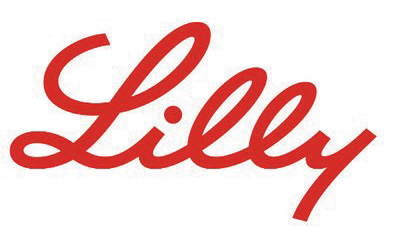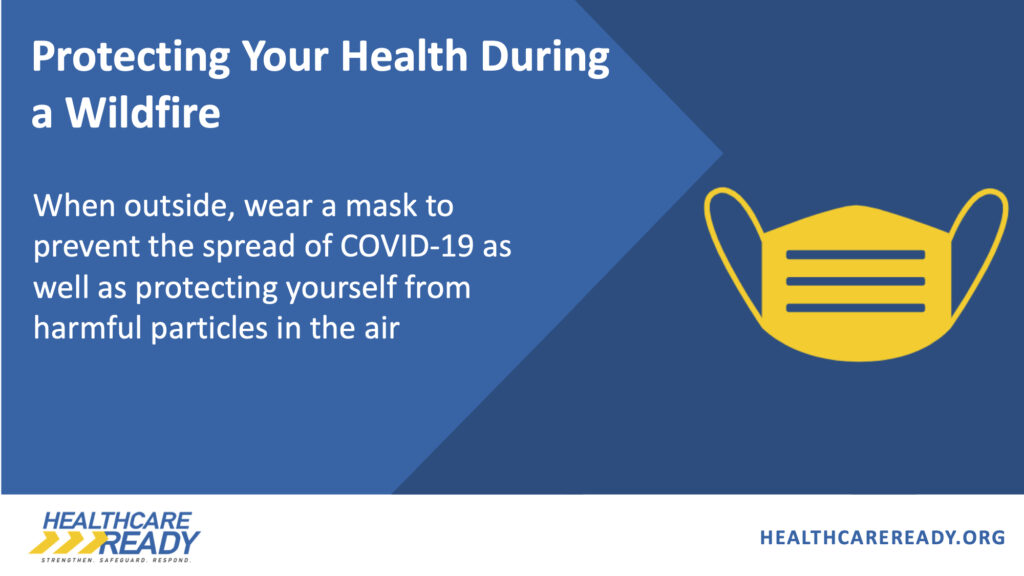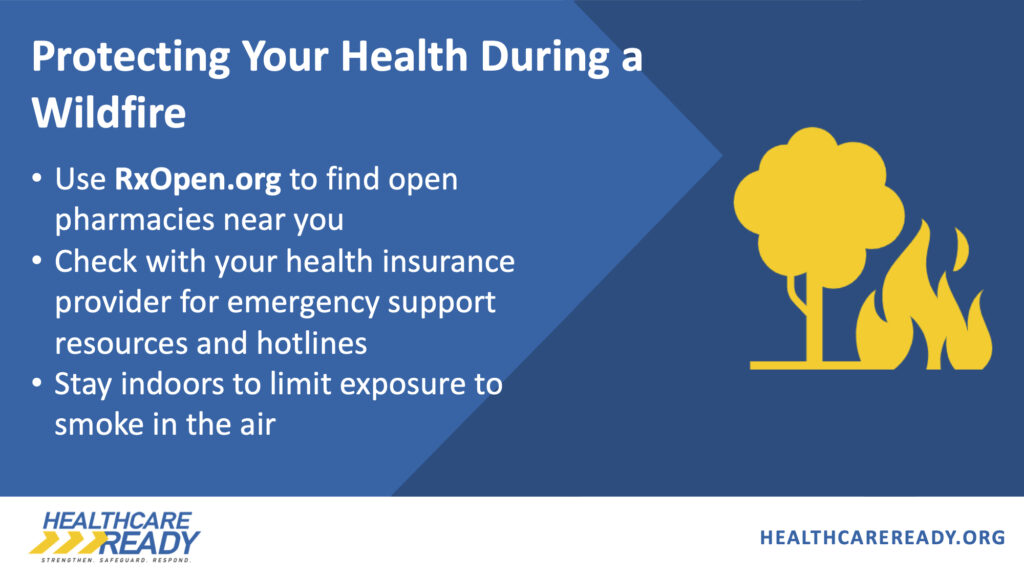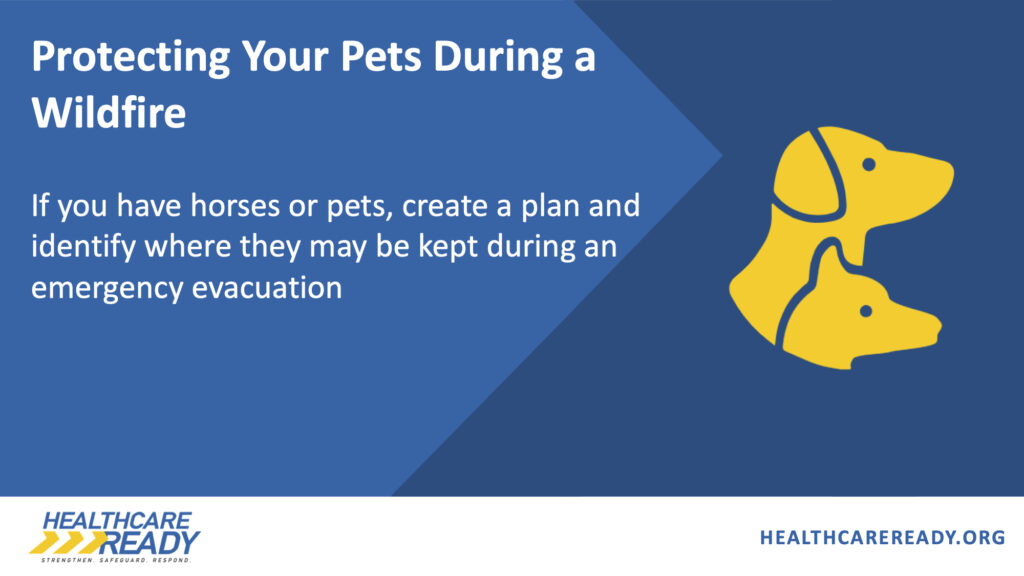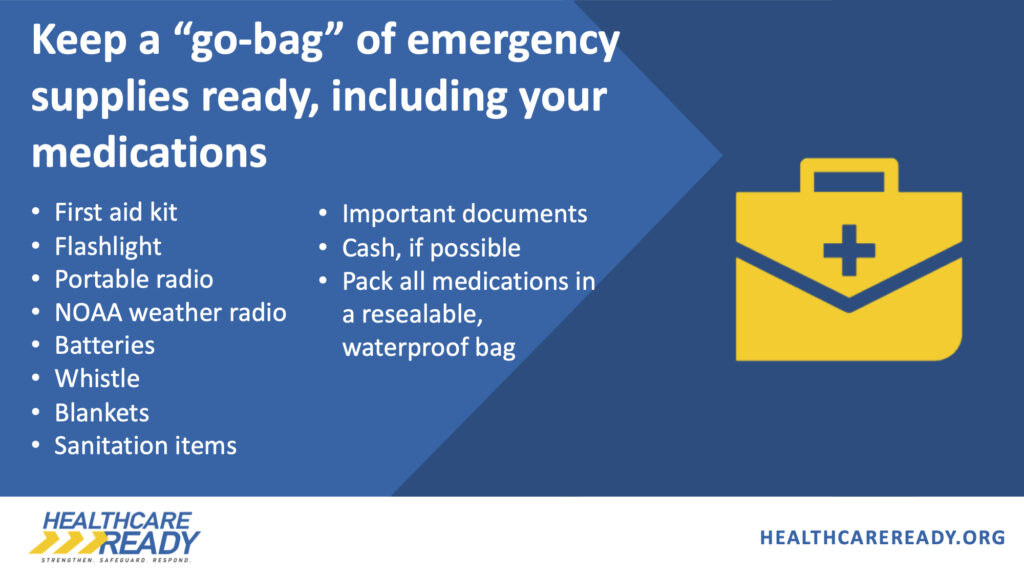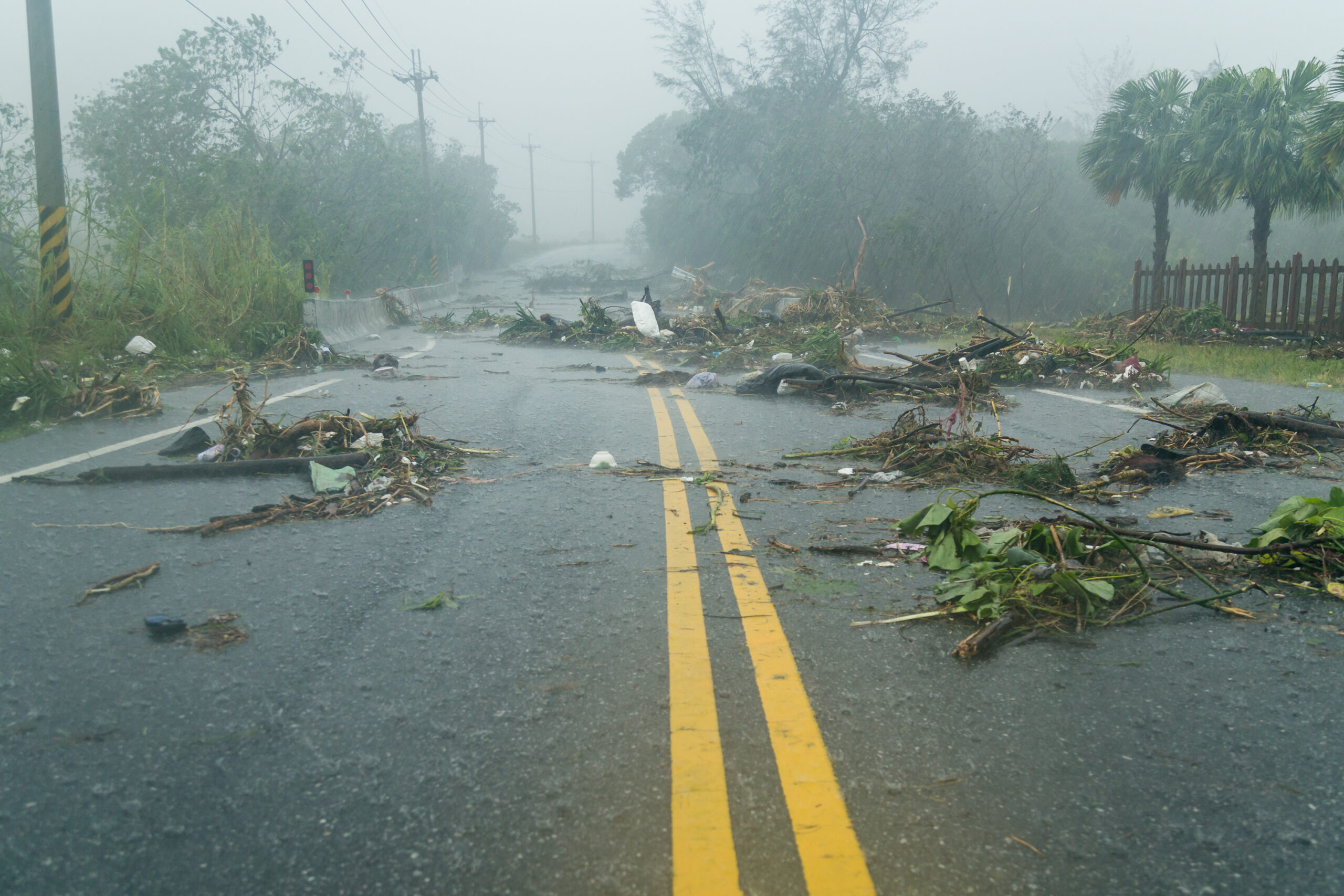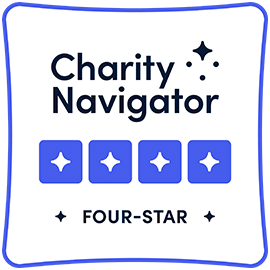Disaster Tip Sheet: Wildfires
Preparing Your Health for Wildfires
- Fill prescriptions on time or ahead of time, if you can
- Call your pharmacist to ask if your prescriptions can be filled early
- When filling prescriptions at the pharmacy, use mail-order delivery or call in your prescriptions ahead of time, and use drive-thru or curbside pickup options when available.
- View Healthcare Ready’s blog on the refill-too-soon laws by state.
- Keep a list of your local healthcare facilities, with addresses, phone numbers, and emails/websites
- Consider these facilities:
- Hospitals/ERs
- Pharmacies
- Urgent care clinics
- Ancillary care:
- Dialysis Centers, Cancer Treatment centers
- COVID-19 Testing Centers
- Consider these facilities:
- Keep a “go-bag” of emergency supplies ready, including your medications
- Suggested items: first aid kit, flashlight, portable radio, NOAA weather radio, batteries, whistle, blankets, important documents, cash if possible, and supplies to protect you and others from COVID-19 including multiple masks for everyone 2 years and older, soap and disinfectant wipes
- Pack all medications in a resealable, waterproof bag
- Have an evacuation plan
- Use your state emergency management agency and RedCross.org/Shelters website to find local shelters
- Identify back-up locations, such as the homes of loved ones or motelsIf you have pets, look for places that accept pets
- Plan several routes to your back-up locations
- Use RxOpen.org to locate pharmacies near your alternative location
- Follow the instructions of local officials
- Have a communication and reunification plan with everyone in your home
- If you are unable to evacuate, alert local emergency management officials and your loved ones or caretakers
- If you need to stay at a shelter or evacuate, practice COVID-19 public shelter safety precautions and general COVID-19 safety precautions on transportation like wearing a mask, washing hands often with soap and water, and staying six feet apart from others.
- Pay close attention to local guidelines about updated evacuation plans and emergency sheltering.
- Plan for any chronic conditions you may have
- Diabetes: Talk to your pharmacist about keeping a supply of insulin on hand – Try to refrain from eating sugar and other carbohydrates
- Kidney disease: Make sure you have access to dialysis treatment and use the renal diet
- Cardiovascular disease & hypertension: Try to refrain from high-salt and fatty food and aim for 30 minutes of activity a day to manage your blood pressure
- Pulmonary disease: Work with your supplier to understand options for keeping resupplies of oxygen with you
- Disability: Develop alternative transportation plans and identify a trusted caretaker if necessary
- Aging: Post emergency numbers near every house phone and cellular phone
- Asthma: Have a plan to ensure you have a supply of your asthma medications and supplies
- Cancer: If you have a cancer survivorship care plan, keep a copy handy and take steps to lower your risk for infections
- Keep a list of helpful hotlines
- Healthcare Ready: 1-866-247-2694
- FEMA Disaster Assistance Helpline: 1-800-621-3362
- Disaster Distress Helpline: 1-800-985-5990 (or text “TalkWithUS” to 66746)
- Kidney Community Emergency Response (KCER): 1-866-901-3773
- Red Cross: 1-800-733-2767
- American Diabetes Association: 1-800-342-2283
- American Heart Association: 1-800-242-8721
- American Association of People with Disabilities: 1-800-840-8844
- American Stroke Association: 1-888-478-7653
- Make sure you know your prescription medication and health information – use Rx on the Run to keep a list of your prescriptions
- Rx on the Run is a personalized wallet-sized card that lists your prescriptions with the latest dosage and instructions
- Visit HealthcareReady.org/Rx-on-the-Run to fill yours out!
Protecting Your Health During a Wildfire
- Use RxOpen.org to find open pharmacies near you
- Check with your health insurance provider for emergency support resources and hotlinesStart by calling the number on the back of your insurance card for assistance
- Stay indoors to limit exposure to smoke in the airWhen outside, wear a KN95 mask to keep the air your breath free from harmful particles; know that cloth masks will not protect you from wildfire smoke.
Recovering from a Wildfire
- Wait for an alert from authorities that water is safe to drink before drinking tap water without boiling it first
- Watch weather alerts for information on the air quality
- Use caution when cleaning up debris and don’t overexert yourself
- Always wear gloves, masks, and protective eyewear, and beware of glass, nails, and other sharp objects
- Be careful of ash, embers, and burning debris
- If you are cut or scraped, clean and disinfect the wound thoroughly and keep it covered, especially if you have cancer or are otherwise immunocompromised
- Contact family and friends to let them know you are safe
- Check in on your loved ones that may need support
- Use text messages instead of phone calls because phone lines might be down
- When checking up on friends and family, don’t forget to continue practicing COVID-19 safety precautions like wearing a mask, washing hands often with soap and water, and staying six feet apart from others.
- Check with your health insurance provider for emergency support resources and hotlines.
- Start by calling the number on the back of your insurance card for assistance
- If you don’t have insurance, call 2-1-1 and ask about local services that may be able to help
- If there is a disaster declaration, you can also try to apply for FEMA Disaster Assistance for financial support by calling 800-621-3362 or visiting DisasterAssistance.gov
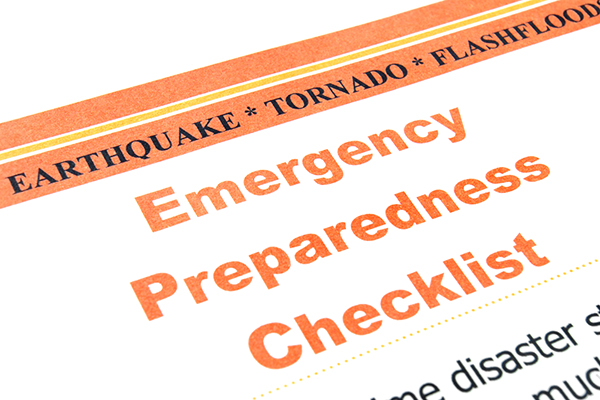
Download our Wildfire Tip Sheet here:
This Tip Sheet was created thanks to the generous support of Eli Lilly
